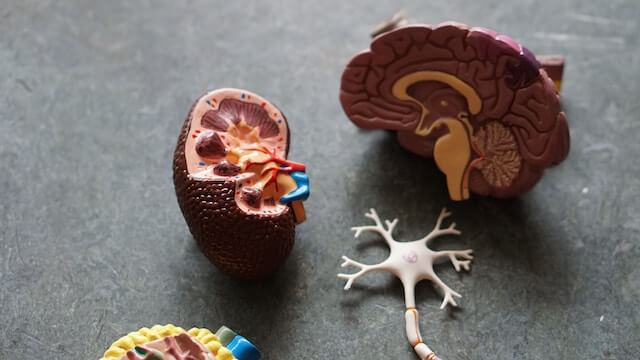Millions of individuals throughout the world suffer from a significant health condition known as chronic kidney disease (CKD). It is characterized by a progressive decline in kidney function over time, which causes the body to accumulate waste and toxins. Making healthy lifestyle adjustments can dramatically decrease the progression of CKD and enhance the overall quality of life, despite the fact that it has a variety of causes, including hypertension, diabetes, and some autoimmune conditions. If you want to help your kidney as well and find ways to make the most of this situation, here are some of the most important lifestyle adjustments that people with CKD can do to better manage their illness and improve their overall well-being.
The Importance of a Kidney-Friendly Diet
Adopting a diet that is friendly to the kidneys is among the most important parts of controlling CKD. This entails reducing the consumption of specific meals that put stress on the kidneys and choosing those that support renal function instead. Foods high in potassium, phosphorus, and sodium should be avoided since they can cause electrolyte imbalances and fluid retention. Instead, concentrate on eating a diet full of fresh produce, whole grains, and other healthy foods. These offer necessary antioxidants, vitamins, and minerals without placing an undue burden on the kidneys. Monitoring protein intake is also important. Since the kidneys are in charge of filtering the waste products generated during protein metabolism, reducing the amount of protein in the diet can help reduce the strain on them.
Staying Hydrated and Managing Fluid Intake
Everyone needs to stay hydrated, but people with CKD need to stay hydrated even more. However, it may be necessary to limit the amount of fluid consumed, particularly in severe CKD when the kidneys have trouble excreting extra fluid. Fluid overconsumption, edema, and high blood pressure can all be prevented by monitoring and controlling fluid intake. It is best to speak with a medical expert to determine the right amount of fluid consumption based on renal function and other personal health factors. Additionally, it is advised to consume alcohol and caffeinated beverages in moderation because they might cause dehydration and put additional strain on the kidneys.
Managing Hypertension and Diabetes
Diabetes and hypertension are two of the most common causes of CKD. Therefore, careful management of these disorders is essential for halting the progression of renal disease. It’s crucial to frequently check blood pressure and adhere to medical recommendations to keep it within a healthy range. A nutritious diet, consistent exercise, moderate alcohol intake, and stress management are all lifestyle changes that can greatly improve blood pressure regulation. It’s critical for people with diabetes to keep their blood sugar levels constant. Maintaining a diabetic diet, taking prescribed medications, and keeping an eye on blood glucose levels can all help to avert problems and kidney damage brought on by diabetes.
Regular Exercise and Weight Management

For people with CKD, living an active lifestyle has various advantages. Maintaining a healthy weight and lowering cholesterol are three benefits of regular exercise. To reduce the danger of injury and pressure on the kidneys, low-impact workouts like walking, swimming, or cycling must be used. Exercise helps reduce stress, which is important for those with a chronic condition like CKD. It also increases overall well-being and cardiovascular health. Furthermore, keeping a healthy weight is crucial because obesity can hasten the advancement of CKD and raise the risk of other health issues.
Avoiding Smoking and Limiting Medication Use
Smoking can harm blood vessels and limit blood flow to the kidneys, which can be harmful to kidney health. Therefore, it is strongly advised for those with CKD to stop smoking. In addition to improving general cardiovascular health and lowering the risk of other smoking-related disorders, quitting smoking has positive effects on the kidneys. The potential effects of drugs on kidney function must also be taken into consideration. NSAIDs should be avoided since they can damage the kidneys, especially when taken at large dosages or for an extended period of time. To make sure they are safe for renal function, always check with a healthcare provider before using any over-the-counter drugs or supplements.
A proactive approach to managing chronic kidney disease is necessary to decrease its course and enhance the quality of life for people who are affected. Individuals can greatly affect the course of the disease by making necessary lifestyle adjustments, such as adopting a kidney-friendly diet, controlling fluid intake, remaining physically active, and properly managing hypertension and diabetes. Additionally, key actions in maintaining renal function and general health include refraining from smoking and exercising caution when using medications. In order to create a personalized plan that addresses their unique needs and enables them to lead full lives despite the difficulties presented by this chronic condition, people with CKD must collaborate closely with their healthcare team.


















